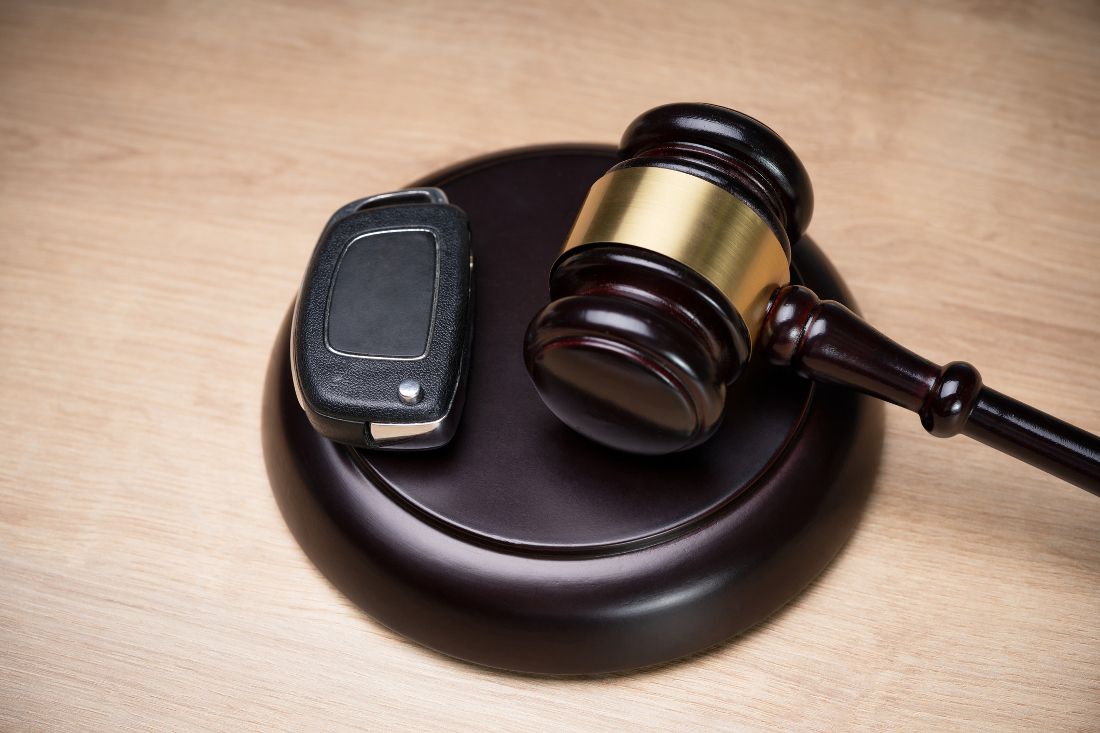Introduction
Driving under the influence (DUI) is a serious offense that puts lives at threat. Law enforcement agencies utilize numerous approaches to figure out if a motorist is impaired, and among the most typical tools used is field sobriety tests (FSTs). These tests are developed to evaluate a motorist's physical and cognitive abilities, offering valuable evidence in DUI cases. Comprehending the function of field sobriety tests can assist people charged with DUI browse the legal process effectively.

What are Field Sobriety Tests?
Field sobriety tests are standardized https://app.gumroad.com/eugenemartensj5/p/typical-errors-to-prevent-when-facing-impaired-driving-charges procedures used by law enforcement officer to evaluate a chauffeur's level of problems. These tests are typically administered roadside during a traffic stop when an officer thinks that http://duiattorneyfeestnjv623.wpsuo.com/checking-out-the-options-plea-bargaining-in-dui-cases the http://duidefencelawyerwwrm599.theburnward.com/the-advantages-of-consulting-with-a-toronto-dui-lawyer-before-your-court-date chauffeur may be under the impact of alcohol or drugs. The National Highway Traffic Security Administration (NHTSA) has actually established three standardized field sobriety tests:
1. Horizontal Gaze Nystagmus (HGN) Test This test involves tracking an object, such as a pen or flashlight, with your eyes while keeping your head still. The officer looks for uncontrolled jerking of the eyes, which can suggest impairment.
2. Walk-and-Turn Test In this test, the motorist is instructed to take 9 heel-to-toe steps along a straight line, turn around, and stroll back in the same way. The officer observes for particular indicators of problems, such as balance concerns or failure to follow instructions.
3. One-Leg Stand Test Throughout this test, the driver is asked to base on one leg while suspending loud for approximately 30 seconds. The officer tries to find signs of swaying, hopping, or using arms for balance.
The Significance of Field Sobriety Tests in DUI Cases
Field sobriety tests play a crucial function in DUI cases as they supply objective evidence of a driver's disability. Here are some reasons these tests hold significance:
1. Developing Probable Cause for Arrest Field sobriety tests are often used by police officers to establish probable cause for a DUI arrest. If a chauffeur stops working these tests, it provides the officer affordable premises to believe that the individual suffers and need to be taken into custody.
2. Supporting Officer's Observations Field sobriety tests supply concrete evidence to support an officer's observations throughout a traffic http://criminalduilawyereqgc038.lucialpiazzale.com/comprehending-the-consequences-of-a-very-first-time-dui-offence-in-toronto stop. If an officer notifications slurred speech, bloodshot eyes, or the smell of alcohol, performing field sobriety tests can strengthen their case versus the driver.
3. Demonstrating Impairment in Court In a court of law, field sobriety tests work as proof to show a chauffeur's disability beyond the officer's subjective observations. These tests use an unbiased step of a motorist's capability to carry out fundamental physical and cognitive jobs while under the influence.
4. Challenging Test Results Field sobriety test results can also be challenged by a competent DUI lawyer. If there were external elements that could have impacted the test results, such as poor weather conditions or medical conditions, a lawyer can argue that these elements affected the result and might cast doubt on the precision of the tests.
FAQs About Field Sobriety Tests
1. Can I decline to take field sobriety tests?
Yes, you have the right to decline field sobriety tests without legal consequences. However, it is necessary to note that declining these tests may lead to other consequences such as license suspension or arrest based upon other evidence of impairment.
2. Do I need to perform all 3 standardized field sobriety tests?
No, you are not lawfully obliged to perform all three standardized field sobriety tests. You deserve to decline any or all of these tests if you believe they might incriminate you. However, keep in mind that refusing these tests may still be used as evidence of impairment.
3. Can field sobriety tests be inaccurate?
Field sobriety tests can be subjective and impacted by numerous elements such as nervousness, fatigue, or physical conditions. Additionally, the proficiency of the officer administering the test can likewise affect the accuracy of the results.
4. Exist alternative tests to field sobriety tests?
Yes, there are alternative tests such as blood or breath tests that can offer more accurate measures of a driver's blood alcohol concentration (BAC). These tests are usually performed at a police headquarters or medical facility.
5. How can a DUI lawyer help with field sobriety test results?
A DUI lawyer can assess the situations surrounding your field sobriety test and recognize possible flaws or disparities. They can challenge the credibility of the test results and argue for their exemption from proof in court.
6. What occurs if I fail a field sobriety test?
Failing a field sobriety test does not immediately imply you will be convicted of a DUI. It is important to consult with a DUI lawyer who can evaluate your case and develop an effective defense strategy based on your specific circumstances.

Conclusion
Field sobriety tests work as vital tools in DUI cases, offering objective evidence of a chauffeur's disability. Comprehending their role and potential restrictions is vital for people facing impaired driving charges. If you discover yourself in such a circumstance, it is important to look for the guidance of a knowledgeable DUI lawyer who can navigate through the complexities of the legal system and advocate for your rights effectively.